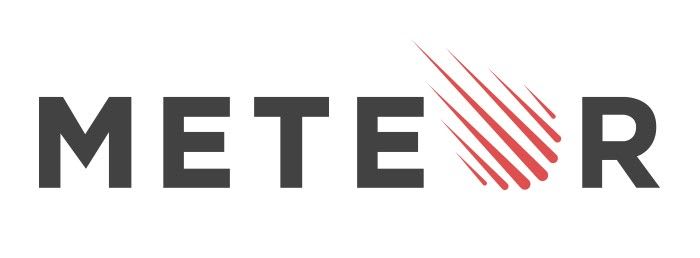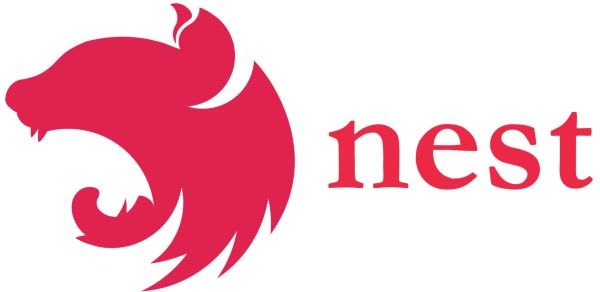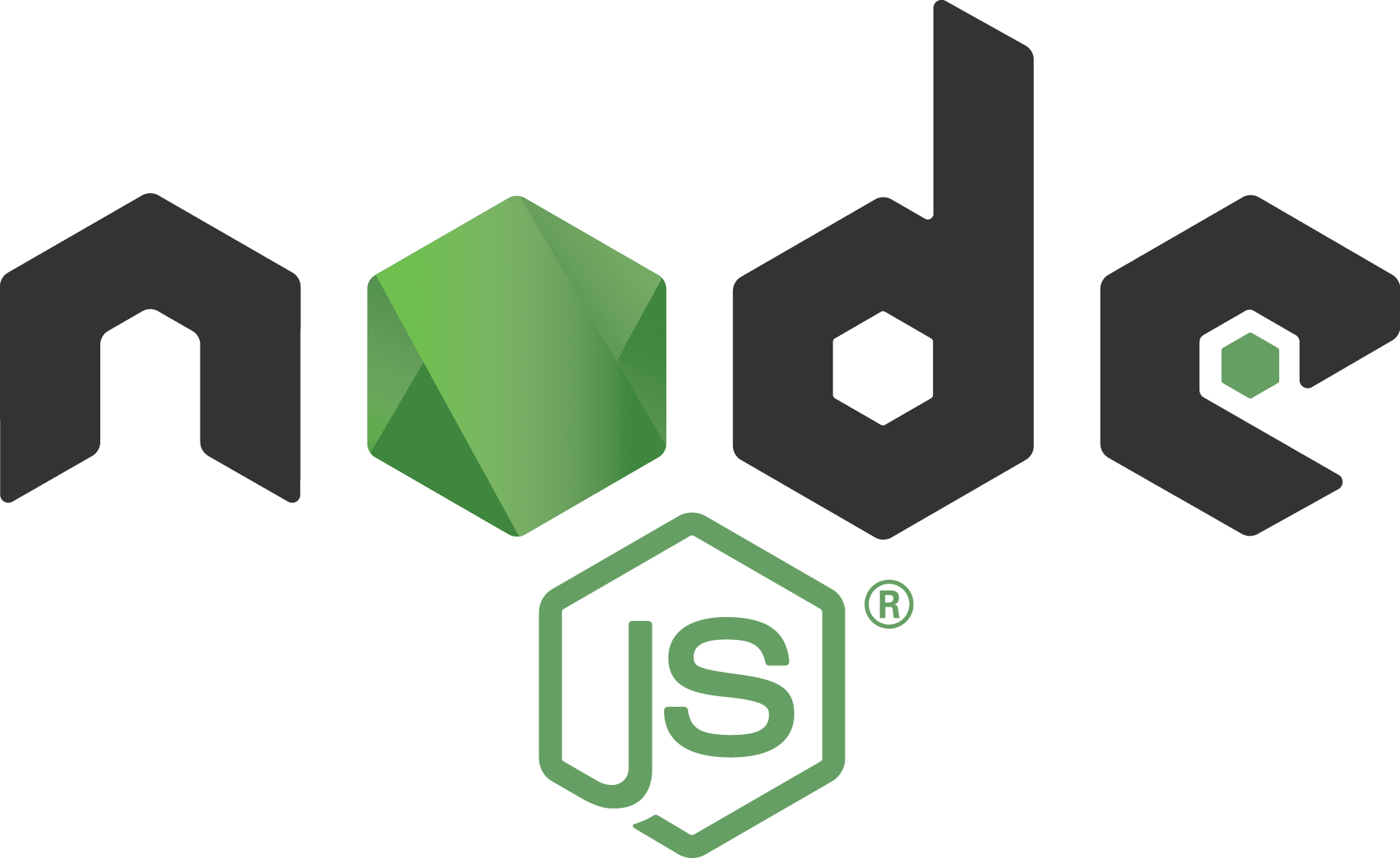
Node.js is an open-source, cross-platform, runtime environment that allows developers to run JavaScript outside of a browser. Ryan Dahl introduced Node to the world back in 2009, and it's since grown into one of the most popular and well-liked technologies.
One of the main advantages of Node is that it enables developers to use JavaScript on both the front-end and the back-end of an application. This not only makes the source code of any app cleaner and more consistent, but it significantly speeds up app development too, as developers only need to use one language.
Node is fast, scalable, and easy to get started with. Its default package manager is npm, which means it also sports the largest ecosystem of open-source libraries. Node is used by companies such as NASA, Uber, Netflix, and Walmart.
But Node doesn't come alone. It comes with a plethora of frameworks. A Node framework can be pictured as the external scaffolding that you can build your app in. These frameworks are built on top of Node and extend the technology's functionality, mostly by making apps easier to prototype and develop, while also making them faster and more scalable.
Below are seven of the most popular Node frameworks at this point in time (ranked from high to low by GitHub stars).

Express
With over 43,000 GitHub stars, Express is the most popular Node framework. It brands itself as a fast, unopinionated, and minimalist framework. Express acts as middleware: it helps set up and configure routes to send and receive requests between the front-end and the database of an app.
Express provides lightweight, powerful tools for HTTP servers. It's a great framework for single-page apps, websites, hybrids, or public HTTP APIs. It supports over fourteen different template engines, so developers aren't forced into any specific ORM.

Meteor
Meteor is a full-stack JavaScript platform. It allows developers to build real-time web apps, i.e. apps where code changes are pushed to all browsers and devices in real-time. Additionally, servers send data over the wire, instead of HTML. The client renders the data.
The project has over 41,000 GitHub stars and is built to power large projects. Meteor is used by companies such as Mazda, Honeywell, Qualcomm, and IKEA. It has excellent documentation and a strong community behind it.

Koa
Koa is built by the same team that built Express. It uses ES6 methods that allow developers to work without callbacks. Developers also have more control over error-handling. Koa has no middleware within its core, which means that developers have more control over configuration, but which means that traditional Node middleware (e.g. req, res, next) won't work with Koa.
Koa already has over 26,000 GitHub stars. The Express developers built Koa because they wanted a lighter framework that was more expressive and more robust than Express.

Sails
Sails is a real-time, MVC framework for Node that's built on Express. It supports auto-generated REST APIs and comes with an easy WebSocket integration.
The project has over 20,000 stars on GitHub and is compatible with almost all databases (MySQL, MongoDB, PostgreSQL, Redis). It's also compatible with most front-end technologies (Angular, iOS, Android, React, and even Windows Phone).

Nest
Nest has over 15,000 GitHub stars. It uses progressive JavaScript and is built with TypeScript, which means it comes with strong typing. It combines elements of object-oriented programming, functional programming, and functional reactive programming.
Nest is packaged in such a way it serves as a complete development kit for writing enterprise-level apps. The framework uses Express, but is compatible with a wide range of other libraries.

LoopBack
LoopBack is a framework that allows developers to quickly create REST APIs. It has an easy-to-use CLI wizard and allows developers to create models either on their schema or dynamically. It also has a built-in API explorer.
LoopBack has over 12,000 GitHub stars and is used by companies such as GoDaddy, Symantec, and the Bank of America. It's compatible with many REST services and a wide variety of databases (MongoDB, Oracle, MySQL, PostgreSQL).

Hapi
Similar to Express, hapi serves data by intermediating between server-side and client-side. As such, it's can serve as a substitute for Express. Hapi allows developers to focus on writing reusable app logic in a modular and prescriptive fashion.
The project has over 11,000 GitHub stars. It has built-in support for input validation, caching, authentication, and more. Hapi was originally developed to handle all of Walmart's mobile traffic during Black Friday.
What Node frameworks do you prefer? Why? Let us know in the comments below!
TABLE OF CONTENTS



